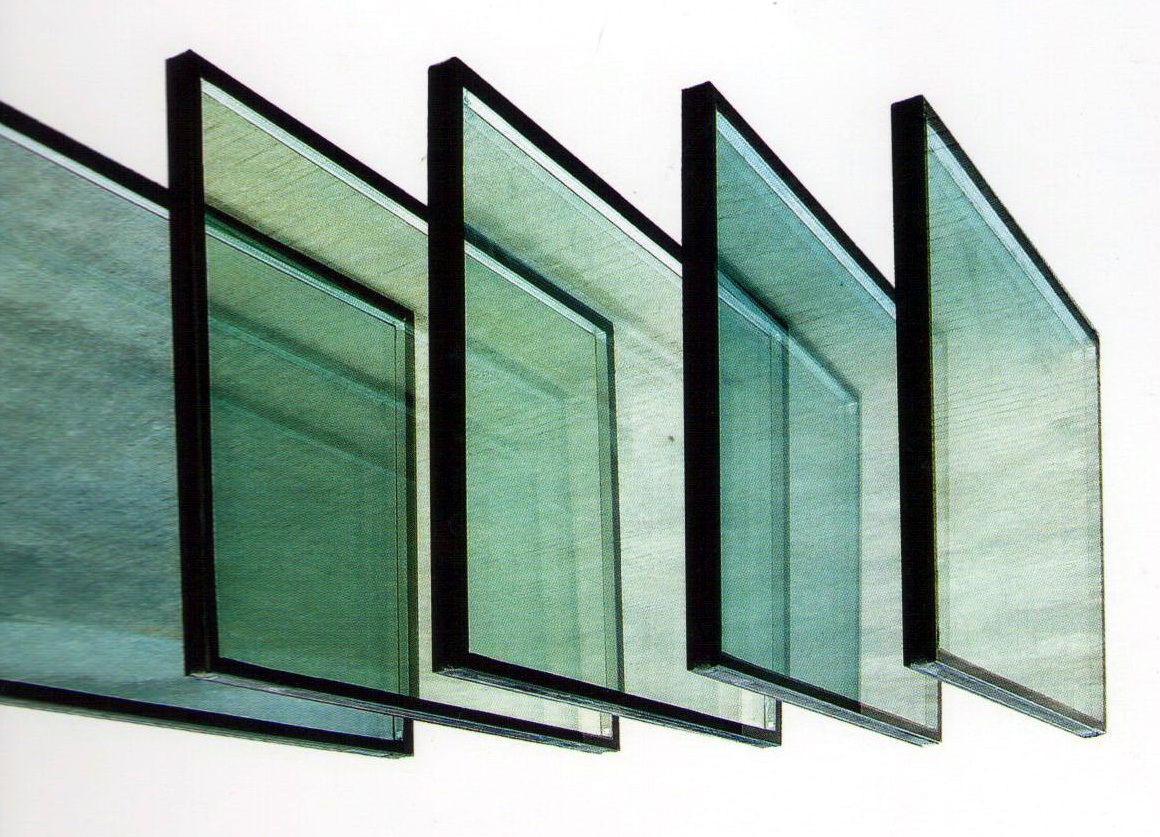How to choose suitable sealant during the production of insulating glass?

Performance requirements: If you focus on good weather resistance, silicone sealant is a good choice. It can withstand long-term erosion by natural environments such as wind, sun, and rain, maintain stable performance, and perform well in outdoor use scenarios such as building curtain walls. If there are strict requirements for water vapor barrier performance, two-component polysulfide sealant can be given priority. It has a significant effect on blocking moisture, can effectively prevent water vapor from entering the inside of the insulating glass, avoid glass fogging, and extend the service life. For some application scenarios with high requirements for sound insulation, some specially formulated insulating glass sealants can effectively block sound transmission while having sealing performance, which can meet such needs.Environmental factors: In high temperature environments, sealants need to have good heat resistance. Silicone sealants have outstanding high temperature resistance and can maintain stable sealing performance in high temperature environments. They will not soften or flow due to excessive temperature. In low temperature environments, it is necessary to ensure that the sealant does not become brittle or lose elasticity. Some sealants are specially formulated to maintain flexibility at low temperatures and maintain good sealing effects. If you are in an environment with a high risk of chemical corrosion, such as near a chemical industry zone, you need to choose a sealant with chemical corrosion resistance to ensure that the performance of the sealant is not corroded by chemical substances.Cost-effectiveness analysis: The prices of different types of sealants vary greatly. Two-component polysulfide sealants are relatively low in cost. In general construction projects where cost control is strict and performance requirements are not extremely demanding, production costs can be effectively controlled. Although the price of silicone sealants is relatively high, due to its excellent comprehensive performance, it may be more cost-effective in high-end buildings or projects with extremely high requirements for sealant performance in terms of long-term use and maintenance costs, because its good durability can reduce later maintenance and replacement costs.


